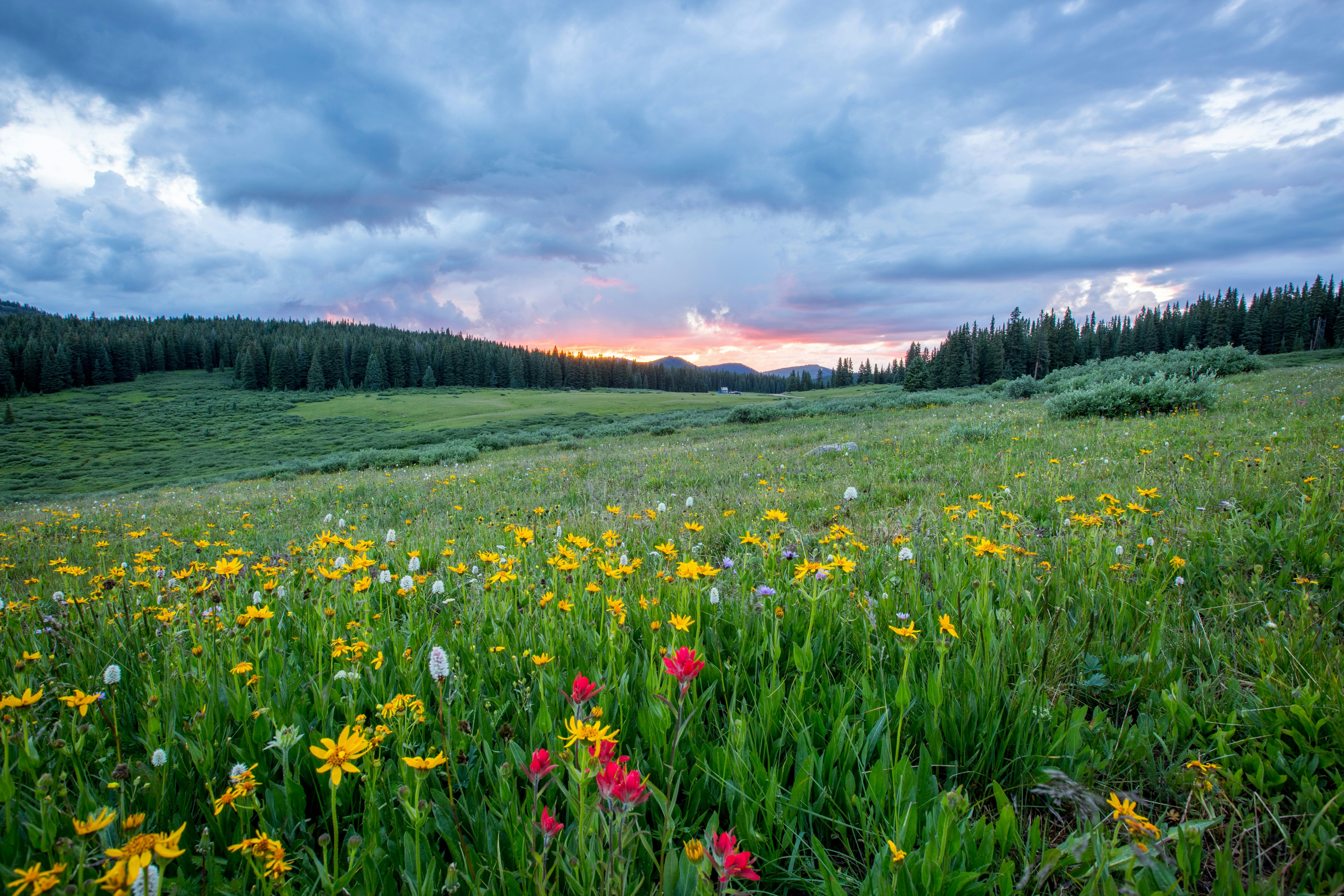Russian Climate Partnership: Decade of United Efforts
Decade-long joint endeavor against global warming: industry and scientific community team up to combat climate change
In 2015, prominent Russian companies embarked on an ambitious journey to create a unique platform focusing on climate change mitigation. Coinciding with the adoption of the Paris Agreement, representatives from major Russian and international businesses consolidated their efforts, aiming to support global environmental initiatives, reduce human-induced environmental impact, and contribute to the United Nations' Sustainable Development Goals (SDGs) by 2030.
The 10th anniversary of this collaboration, now known as the Climate Preservation Partnership (RPSK), gathered representatives from leading Russian organizations, the scientific community, public bodies, and media. Olga Sanarova, the partnership's coordinator, was present at its inception in 2015. Key founding members included Rusal, RusHydro, Rosnano, Sber, Ingosstrakh, and others.
Sanarova reflected on the path they have walked over the past decade, remarking that despite evolving external conditions and business opportunities, the partnership has emerged as an exemplar of collective action leading to real change. In his congratulatory message, Ruslan Edelgeriev, Assistant to the President of Russia, highlighted the partnership's role as an expert platform, uniting government entities, businesses, and experts to address today's challenges.
Currently, the RPSK encompasses over 30 organizations and is the only alliance in Russia exclusively focusing on the climate agenda. Its members regularly participate in the UN Climate Conferences (COP), influencing national climate policy-making.
Irina Bakhtina, Director of Sustainable Development at Rusal and En+, presented a comprehensive study titled "Climate and ESG Agenda in Strategies of Russian Companies: Trends, Focus, and Prospects." This research examined the main drivers behind Russia's climate transformation post-2022, highlighting the state, regulators, and large companies with expert capabilities as key players.
Significant milestones included the introduction of mandatory non-financial reporting for public companies on the Moscow Exchange from 2024 and the adoption of the new IFRS S2 standard. Corporate reporting in this sector has surged, with the number of non-financial reports registered by the Russian Union of Industrialists and Entrepreneurs increasing from 7 in 2000 to 131 in 2023.
Externally-imposed factors, such as cross-border carbon regulation (BCR) in the EU and requirements from regulators in East and South countries, have played a crucial role in spurring these initiatives. However, domestic drivers have also emerged, including reducing costs, losses, and risks associated with negative environmental impact.
Company strategies in the field of climate change center around increasing energy efficiency, transition to renewable energy sources (RES), developing electric transport, decarbonizing carbon-intensive industries, fostering low-carbon technologies, and adapting to climate change. The Russian market for climate projects has seen significant growth, with 65 registered projects as of 2024.
Regional initiatives were presented, with Artem Rafalsky, Deputy Minister of Ecology and Sustainable Development of the Sakhalin Region, sharing his experience in creating a full-fledged carbon market within a pilot project to regulate greenhouse gas emissions. Results from this project will be examined at the International Forum "Islands of Sustainable Development: Climate Aspect," scheduled for August 1-2, 2025, in Sakhalin.
Experts highlighted the potential for Russia to collaborate with BRICS countries in the climate sphere, focusing on adopting common principles for combating climate change, developing information and expert partnerships, creating a joint "green" financing structure, and forming integrated carbon markets.
Katherine Soluginskaya-Sorokova, First Vice-President of Gazprombank, noted the development of the BRICS agenda during Russia's chairmanship, emphasizing that consensus had been achieved in both government and business sectors. The head of the Center for Responsible Natural Resource Use at the Institute of Geography of the Russian Academy of Sciences, Yevgeny Shvarts, believed that the partnership had become the voice of companies that gained a competitive advantage through deliberate adherence to higher environmental and social standards.
Russian businesses have embarked on unique forest-climate projects, such as Rusal's initiative in the Krasnoyarsk region to protect forests from fires under the Paris Agreement. The Krasnoyarsk region, with its extensive forest area of over 150 million hectares, has seen significant progress in the fight against climate change.
The anniversary event saw new participants join the RPSK, including Biamec, SPbNIILH, and Earthood, underscoring the organization's continued growth and dedication to sustainable development. Pavel Rychenkov, director of SPbNIILH, stressed the complexity of the climate change issue and the need for coordinated efforts from diverse stakeholders. Andrey Komendant, general director of Earthood Russia, highlighted the influence of external stakeholders in shaping new responsible supply chains, emphasizing the importance of international standards for Russian businesses.
In conclusion, the Climate Preservation Partnership has played a crucial role in promoting climate initiatives, reducing human-induced environmental impact, and supporting the United Nations' Sustainable Development Goals (SDGs) during its decade-long journey. By fostering collaboration between business, science, government, and the non-profit sector, the partnership demonstrates a commitment to developing and implementing viable solutions that mitigate the consequences of climate change and promote sustainable development in Russia.
- The Climate Preservation Partnership, amidst the progress made in environmental-science, has been instrumental in utilizing finance and technology to address climate-change issues, focusing on reducing carbon emissions and adopting renewable energy sources.
- As the RPSK continues to expand, welcoming new members such as Biamec, SPbNIILH, and Earthood, it emphasizes the importance of combining scientific knowledge with business strategies to create sustainable solutions that cater to the challenges of climate change across various industries.
- Moving forward, the partnership aims to collaborate with BRICS countries, harnessing the power of science, finance, and technology to combat climate-change collectively and adopt common strategies for sustainable development and low-carbon emission practices, with a particular focus on developing green financing structures.





